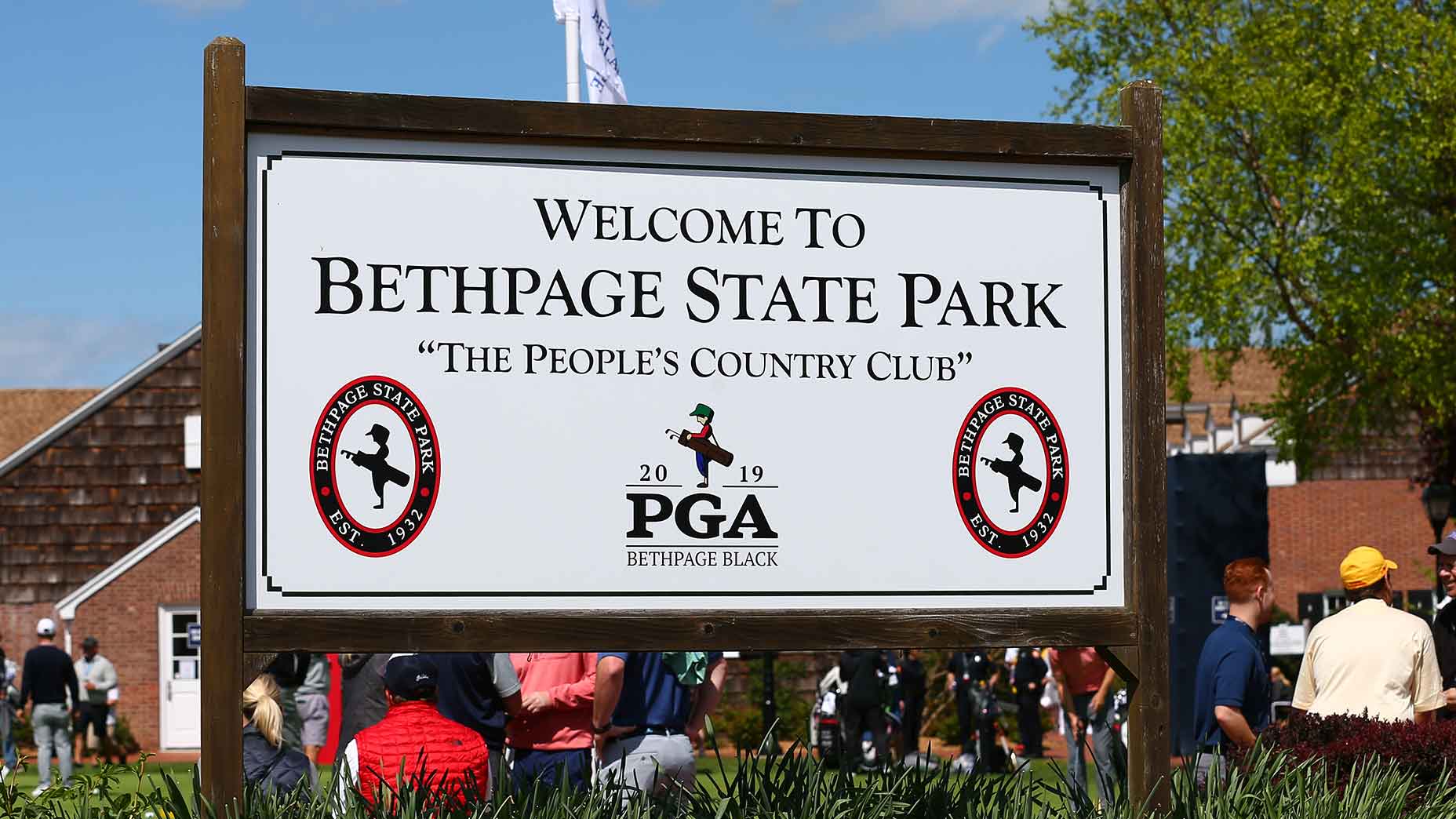Was one of the greatest golf courses in the United States taken over by … robots?
On Friday morning, the New York State Inspector General’s office released a months-long report on the state of the tee time system at Bethpage State Park, looking into allegations of software bots and tee time resellers that have plagued the municipal golf haven (and recent Ryder Cup host) for years. The investigation, which began after a separate investigation into the tee time system by the golf writer Kevin Van Valkenburg, aimed to understand why booking irregularities had become an accepted piece of the state park’s online reservation system among golfers at each of the park’s five golf courses. Specifically, the investigation tried to answer if tee time “bots” — or software programs targeted to scoop up times faster than any human user — were to blame for the irregularities, as Van Valkenburg’s No Laying Up podcast first alleged.
Nine months after Van Valkenburg’s first report, the IG’s office report found bots posed a “serious threat” to the integrity of the Bethpage Tee Time system, though the Inspector General was unable to find any concrete evidence of bot usage.
The IG’s office produced a host of unusual data in the report, including a tranche of tee time data for the period between April and August 2024. According to the report, more than half of all the tee times booked on Bethpage’s five golf courses (57,587 of 105,000, or 55 percent), and nearly sixty percent of those booked on the fabled Black Course (9,462 of 16,365, or 57 percent), resulted in cancellations during those five months. Even if that datapoint made it impossible to ascertain the cause, the unusually high number suggested irregularities with some portion of the tee time system.
The report did not find evidence of tee time “resellers,” or those booking times illegally and reselling at a higher price, but the unusually high number of cancellations indicated there were loopholes that could be exploited — and perhaps were being exploited — by bad actors.
“This data could suggest that some users are exploiting a loophole to evade Bethpage’s prohibition on the transfer of tee times,” The report reads. “For example, if a golfer reserves a tee time that they want to transfer to another golfer despite this prohibition, the first golfer could cancel their reservation at an off-hour (for example, at 3:00 a.m.) so the second golfer can attempt to claim it when the reservation is re-released into the system.”
Ultimately, the IG’s office ruled that tee time bots were a “serious threat to the integrity of the booking systems,” and recommended a series of changes aimed at ensuring fair access for all who book tee times at Bethpage by disincentivizing (or outright removing) software programs from the system. One specific option, an identification verification system called ID.me which is frequently used by other branches of New York State government, would help authenticate every tee time booked through the system before it was finalized.
Those changes might sound familiar to golfers based in New York: They were many of the same changes implemented by the New York State Parks Department over the last several months. Earlier this year, the department instituted stricter rules regarding cancellations and the upfront payment of a “booking fee” in an effort to disincentivize bad actors. The department then doubled down on that approach in the days after the Ryder Cup, announcing the creation of a two-factor authentication system that would ensure all tee time reservations were executed by human beings.
Drama around the Bethpage Parks tee time system has increased in 2025 as Bethpage Black has welcomed the attention of the golf world in a historically busy playing season surrounding the Ryder Cup. As the “People’s Country Club” prepared for its moment in the limelight, the wait time for parking lot tee times on the fabled Black Course stretched in some instances to two days.
In the end, the Inspector General’s office said it was the spirit of these golfers that necessitated serious actions to defend against bots.
“If left unaddressed, such bot usage risks eroding public trust, limiting equitable access to tee times, and creating the perception that the system favors those who can exploit technology rather than those who follow normal booking procedures,” The report said. “For these reasons, adopting safeguards against bot activity is essential to preserving both the integrity of the system and fair access for all players.”







